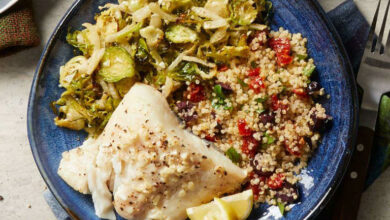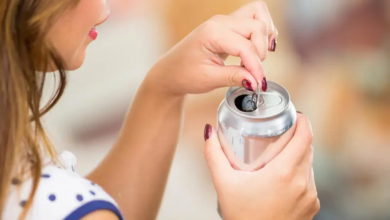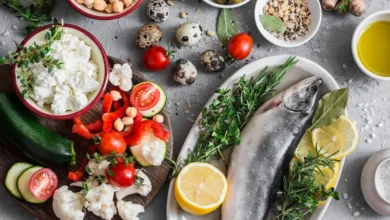Meditate to beat stress blood pressure, say guidelines
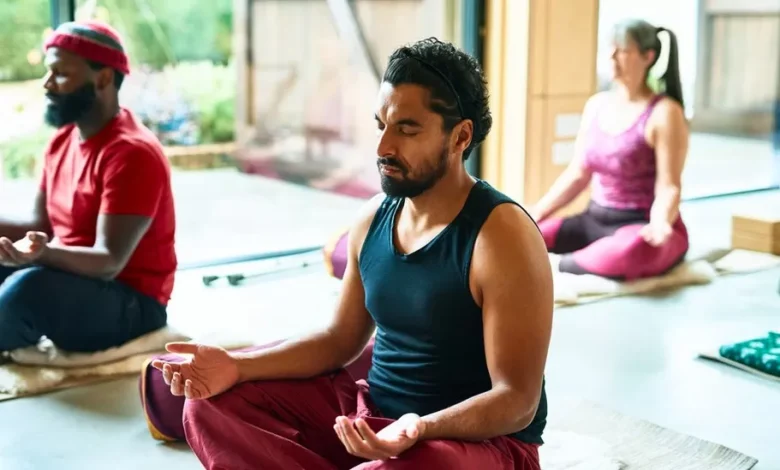
People should try to meditate for around 45 minutes every day to cut stress-related high blood pressure, say new guidelines.
Other tips from the International Society of Hypertension include taking time out to listen to music, doing yoga and practicing mindfulness.
Established medical advice – quit smoking and cut down on salt – still stands.
But experts say newer “body and mind” lifestyle goals can be recommended.
According to the position paper which is published in the Journal of Hypertension, there is enough scientific evidence for some less conventional approaches.
One of the authors, UK blood pressure expert Prof Bryan Williams, said in an exclusive interview with the BBC: “It all sounds like it is a bit soft and fluffy and not as dynamic, for example, as taking drugs but these things make such an important contribution to reducing the effects of stress on the cardiovascular system and the evidence is accumulating.
“There’s so much people can do for themselves. All of us need to take a step back and say, actually, I should be able to find half an hour in my day to have a little bit of time to myself and decompress and just relax – whether it’s listening to music, going for a walk or going to the gym and doing some exercise.”
What can help lower blood pressure?

High blood pressure is a leading cause of premature death.
It puts strain on the heart and blood vessels which, in the long term, can lead to heart disease, heart attacks and strokes.
More than a billion people or one in four adults worldwide has high blood pressure.
The panel of experts from 18 countries advise:
- Try daily stress-busting strategies like meditation, deep breathing, yoga and mindfulness
- Consider practising gratitude by focusing on positive things you can be thankful for, and doing acts of kindness to gain a sense of wellbeing
- Chill out to some calming music for at least 25 minutes, three times a week
Taking your mind off the daily grind has an important and cumulative stress-busting effect on your mind and heart, says Prof Williams.
Other good habits are staying physically active and getting enough sleep – you might want to use fitness gadgets and apps to track your steps, sleep and progress, the advice says.
Prof Williams, a specialist at University College London, said: “It’s not just the duration of sleep but it’s also the quality of sleep. And the evidence suggests that most people should be trying to achieve seven hours of good quality sleep to try and reduce the effects of the stress of not sleeping and not decompressing.”
TikTok trends
He said the guidelines were designed to emphasise is a more holistic approach to controlling blood pressure.
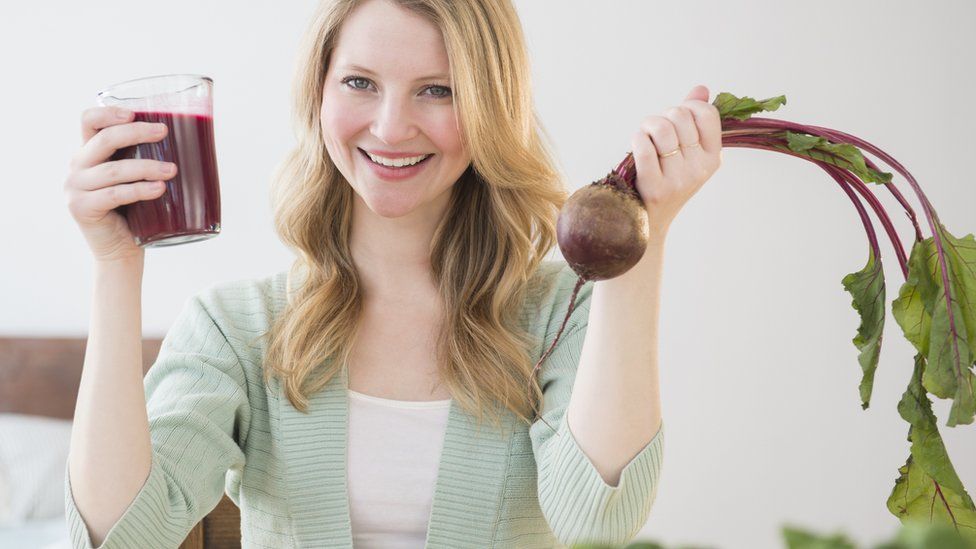
“What we have tried to do is look at all of the evidence for all of the different things that quite often pop up on social media and try and work out how much of it has a scientific basis and how much of it is a sort of fad.”
The emerging evidence suggests:
- Eating fish or taking an Omega-3 fish oil supplement may be helpful
- Gut health is important too – and taking probiotics and eating plenty of fibre is a good idea
- Drinking some tea and coffee is fine, but consuming lots of energy drinks containing large amounts of caffeine is not recommended
- Be careful with liquorice tea – this can raise blood pressure
- Beetroot and pomegranate juices may have the opposite effect and help lower blood pressure, perhaps because they contain nitrate compounds – doctors use nitrate in medications to dilate, relax or widen blood vessels
Another tip, if you want to exercise outdoors, do a park run or stroll away from busy roads – because air pollution is bad for the heart and lungs.
Prof Williams said: “Data is coming from a number of countries now showing that air pollution has an effect on cardiovascular function. It probably, based on the evidence, is contributing to the increased prevalence – if you like, the increased commonality – of risk factors for heart disease around the world.”
Lifestyle changes should be the first-line approach to treating and preventing high blood pressure, but doctors can add in pills if needed, the guidance, endorsed by European Society of Hypertension, says.
Dr Pauline Swift from Blood Pressure UK said one of the quickest ways to lower blood pressure, especially if you have high blood pressure, is to limit how much salt you consume. Even if you are not adding it to your meals, processed food can contain a lot.
“If you eat too much salt, it causes extra water to be stored in your body, which raises your blood pressure.
“Eating more fruit and vegetables and regular exercise, such as walking, jogging, cycling, swimming or dancing, also lowers blood pressure by reducing blood vessel stiffness so blood can flow more easily.”
Jo Whitmore, Senior Cardiac Nurse at the British Heart Foundation welcomed the recommendations calling them “an authoritative breakdown” of how our lifestyles can influence our blood pressure.
“Understanding our individual risk factors and how to manage them is key to maintaining a healthy blood pressure and this position paper provides detailed recommendations on how that can be achieved.”

